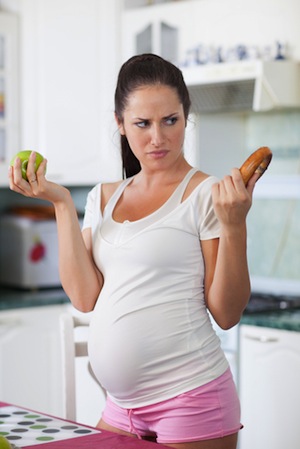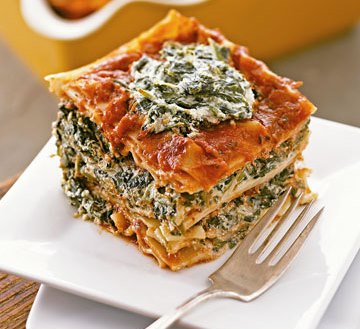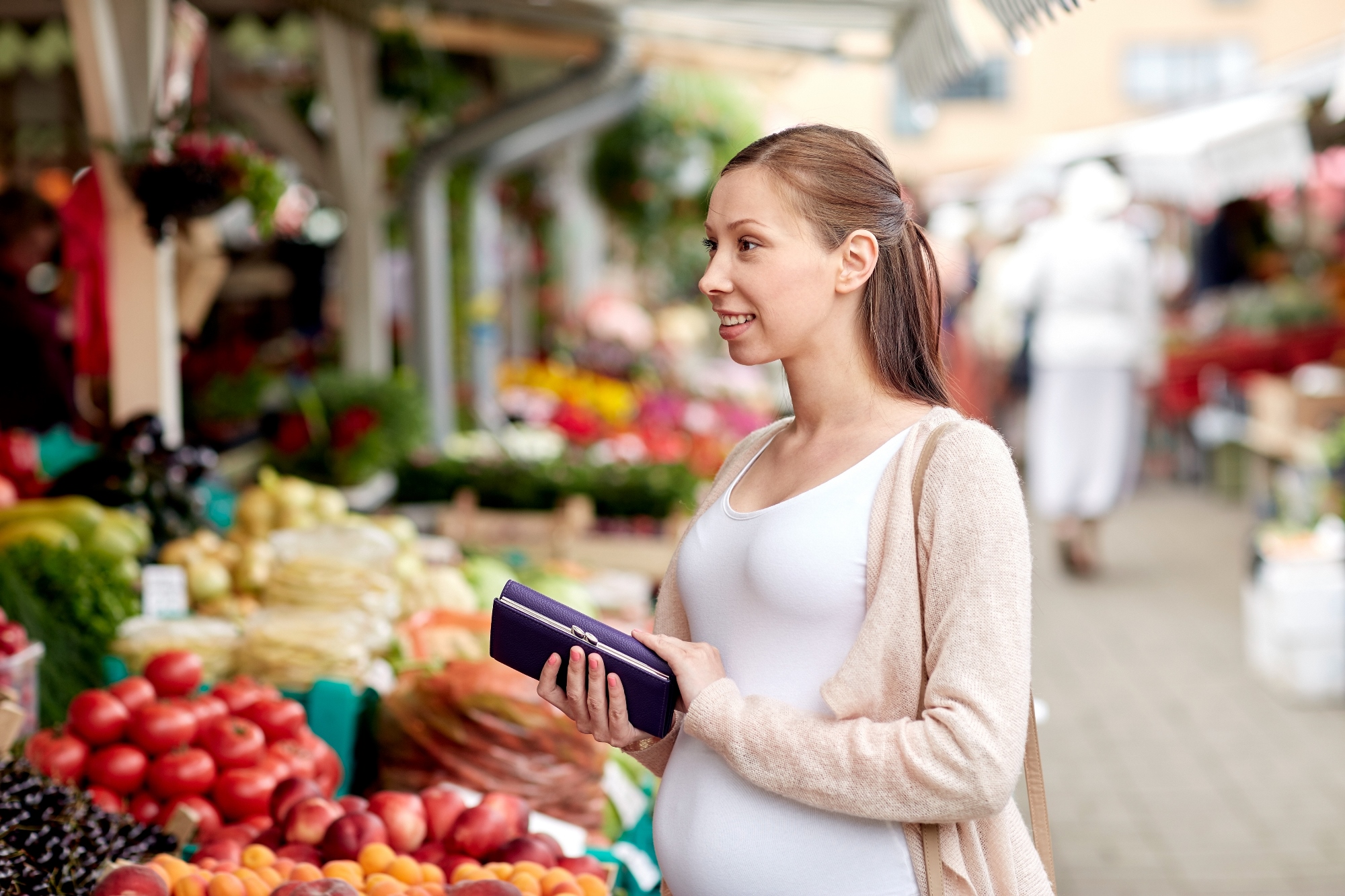Last menstrual period date:
In this blog, you will find healthy tips for food safety in pregnancy during holidays.
 Pregnancy is a trying time, no question. Suddenly, the simplest functions that you’ve taken for granted all your life are fraught with complications. So what the heck: let’s just add some good old holiday tension in there!
Pregnancy is a trying time, no question. Suddenly, the simplest functions that you’ve taken for granted all your life are fraught with complications. So what the heck: let’s just add some good old holiday tension in there!
Seriously, being pregnant over the holidays is brutal enough but knowing that, thanks to your weakened immune system, you’re ten times more likely than the general non-pregnant population to catch a food-borne illness such as Listeriosis puts the custard sauce on the plum cake. Food poisoning is no joke – while a normal, healthy adult who isn’t pregnant might experience a few days of cramps and diarrhea, your baby – which has no immune system yet, remember! – could die. You, yourself, could suffer serious dehydration and that could lead to hospitalization or even organ shutdown which could terminate your pregnancy.
Food safety in pregnancy is important. Here are things you should do to protect yourself and your baby while making the social scene:
1. Wash your hands with soap and water and wash often, especially after handling raw meat, raw eggs, unwashed vegetables, or dairy products that have been allowed to reach room temperature (except cheese – cheese is okay if it’s ripened; avoid unripened cheeses like Brie or Camembert and avoid eating anything that’s unpasteurized or raw).
2. Raw eggs are a no-no: egg nog, Cesar salad, home-made mayonnaise, raw cookie dough, and so much more are made with raw eggs that could be contaminated with Salmonella. Any and all eggs should be cooked solid.
3. Avoid any meat that’s not done to death. For now, you’ll have to pass on the rare beef and pink lamb – well done, done, and then done again is the ticket to make sure any last trace of E Coli, Toxoplasmosis, and other bacteria as well as any parasites such as tapeworm have been obliterated. Same thing with cold cuts – heat them up until they’re steaming as they’re a prime source of Listeriosis. Do not eat any turkey that was cooked stuffed – the turkey should be cooked empty and the stuffing prepared separately otherwise it’s difficult to ensure the entire block of bird was cooked all the way through to the center. That moist stuffing could be loaded with a bunch of uncooked turkey juice. Yummy (not)!
4. Watch out for the punch bowl – it’s amazing how much alcohol a seemingly innocuous yet refreshing beverage can contain. Egg nog, too, you need to be wary of – if it’s the pasteurized, commercial variety from the carton, that’s fine. Fresh, home-made egg nog is very not fine, as it contains raw egg and probably a good kick of rum.
5. Do not share your eating utensils or dishes with anyone, especially children. Wash your hands or use sanitizer frequently when around the little ones – because they tend to be cooped up in daycares and schools, they are more likely than adults to carry a host of cooties you don’t want to catch. Also to consider is that children who have been recently vaccinated could possibly shed the virus they were vaccinated against – in the case of measles, rubella, chicken pox, or small pox, this could be extremely dangerous to you and/or your unborn baby.
6. Speaking of Toxoplasmosis, particularly if you do not have cats, when visiting homes with cats avoid touching the animal or going anywhere near the litter box or anywhere the cat may have stepped (for example, if the litter box is in the bathroom, the cat may have jumped up on the toilet seat or vanity after doing its business). If you do not have cats and have never had cats, chances are you’ve never been exposed to Toxoplasmosis and are extremely vulnerable to catching it.
For more information, check the FDA’s “Food Safety Tips for Healthy Holidays” page at https://www.fda.gov/consumers/consumer-updates/food-safety-tips-healthy-holidays
My content




